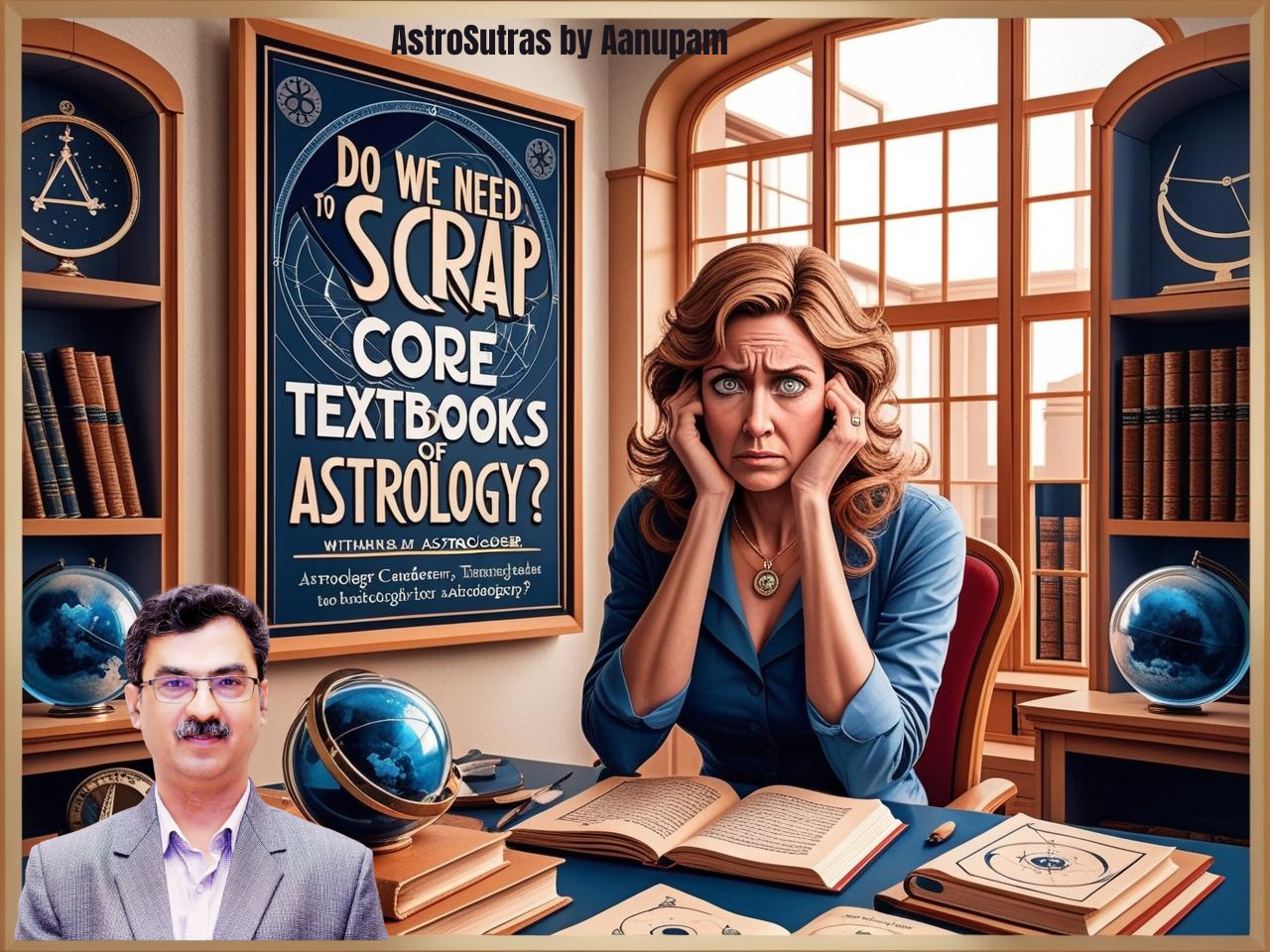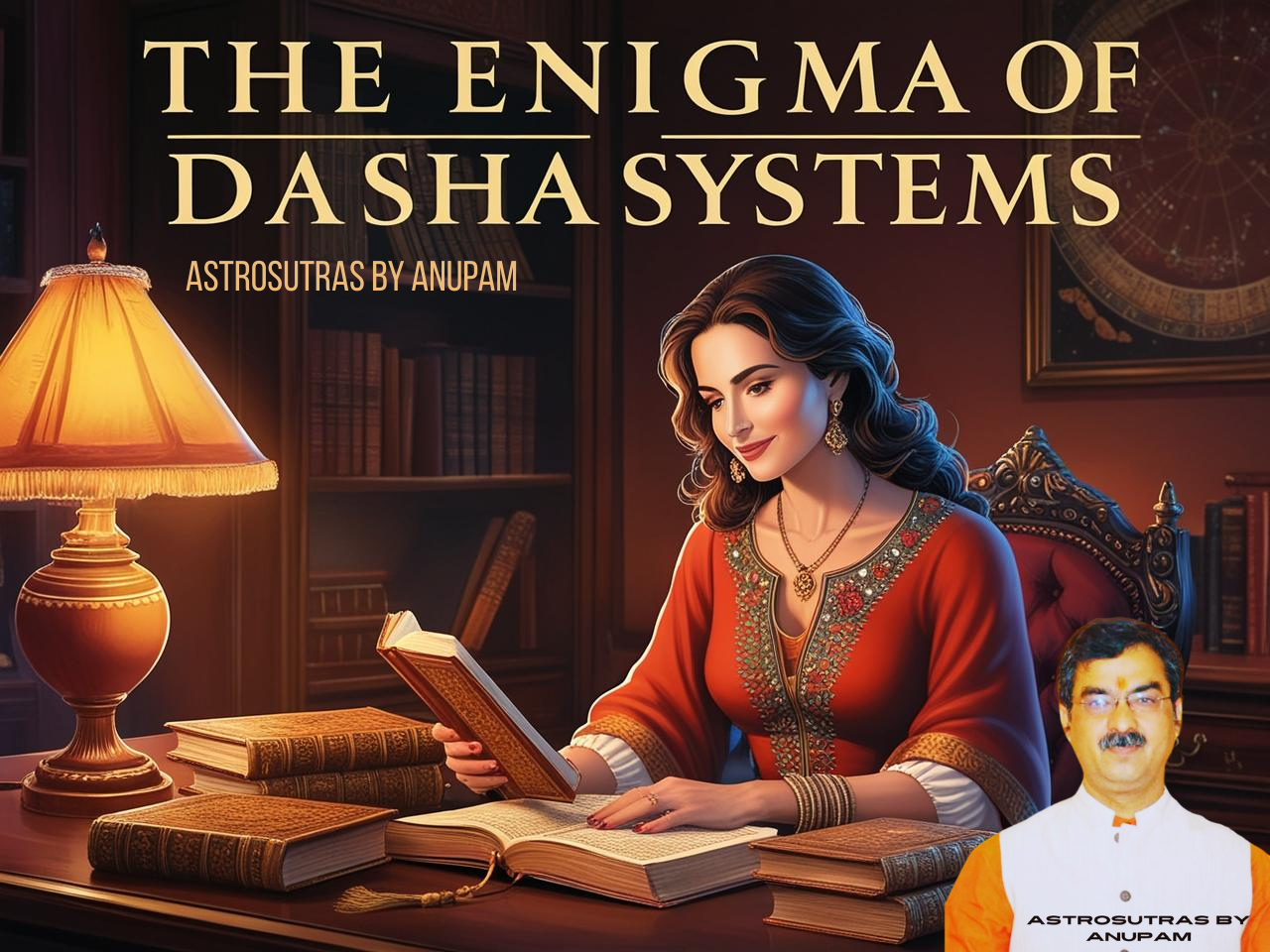Sri Aurobindo on Free Will, Determinism, and the Divine Will: The Path to True Freedom

Introduction: The Illusion of Freedom
In the complex dance of human life, we cherish the notion of free will. We believe we are the architects of our destiny, exercising choice and steering our lives with intention. This belief permeates modern thinking, ethics, politics, and even spirituality. Yet Sri Aurobindo, the great spiritual visionary and philosopher-sage, invites us to pause and reflect more deeply. He challenges this surface understanding of freedom, asserting that our so-called free will is largely an illusion, a mask worn by the ego-mind that mistakes partial awareness for full control.
“We have the sense of freedom in our minds based on this illusion of free choice.”
He points to a grander mechanism that underlies all apparent choices—the action of Nature, governed by the three gunas (modes of Prakriti)—sattva (harmony), rajas (activity), and tamas (inertia)—which are themselves tools of a higher Divine Will.
The Machinery of Nature: An Unseen Determinism
Sri Aurobindo explains that our ego-personality, our sense of “I”, is simply a surface formation. The mind, which we identify as the decision-maker, is itself only a partial rider on a much vaster machine—that of Nature’s complex interplay of energies across Time, environment, and circumstance.
“Partial itself, the mind rides on a part of the machine, unaware of nine-tenths of its motor agencies in Time and environment, unaware of its past preparation and future drift; but because it rides, it thinks that it is directing the machine.”
This poignant metaphor exposes the deep ignorance in which the ego operates. We think we steer the chariot, but in truth, the reins are held elsewhere—by Nature, who acts as the executrix of the Divine Will.
The Gita’s Revelation: Creatures as Puppets in a Divine Play
Sri Aurobindo draws our attention to a crucial verse in the Bhagavad Gita, where Lord Krishna declares:
“…the Lord within the heart of all existences turns all creatures as if mounted on a machine by the illusion of Nature.”
This is not a deterministic fatalism, but a call to deeper awareness. It reveals the subtle truth that the ego-self is not the true agent. The machinery of Nature, influenced by countless past formations and future possibilities, enacts the Will of the Supreme—a Will that is not outside us but intimately within, veiled by the surface currents of our personality.
Who Then Has Free Will?
The question arises naturally: If the ego has no real free will, does free will exist at all?
Sri Aurobindo’s answer is profound. Yes, free will does exist—but it belongs to the Divine, not to the fragmented ego. The mistake lies in imagining that our limited personal will is sovereign. In truth, only the Divine Will is free, and all lesser wills are its projections, operating in ignorance unless consciously aligned with their source.
“The only free will in the world is the one divine Will of which Nature is the executrix; for she is the master and creator of all other wills.”
This Will is not remote or alien. It is the Eternal Self that supports all existence—both universal and individual. Every human being partakes of this Divine Will because we are, in essence, not separate from it.
“This divine Will is not an alien Power or Presence; it is intimate to us and we ourselves are part of it: for it is our own highest Self that possesses and supports it.”
The Ego-Self vs. the Higher Self: The False and the True Freedom
The ego-self, which we often mistake for our true identity, is merely the froth and ripple of a much deeper ocean. It acts in ignorance, governed by partial motives, surface reasoning, and environmental conditioning. Hence, the freedom it imagines is not true liberty—but a “puppet freedom”, a relative and illusory autonomy.
“…a puppet freedom ignorant, illusory, relative, bound to the error of its own inadequate vital motives and mental figures.”
In contrast, the higher Self, which is our true being, is one with the Divine Will. When we surrender our ego-driven will and allow it to merge with the Will of the Eternal, we begin to act from true freedom. This surrender is not a loss, but a gain—the shedding of ignorance for the embrace of the Divine Consciousness.
“If we surrender our conscious will and allow it to be made one with the will of the Eternal, then and then only shall we attain to a true freedom…”
Surrender and Transformation: The Path to Divine Liberty
Sri Aurobindo does not leave us in despair over our apparent lack of agency. Rather, he shows a clear path forward: surrender, not as resignation, but as a conscious act of unity with the Divine. This is the core of his spiritual vision—the evolution of the human into the divinized being, no longer a slave to ignorance but a conscious participant in the higher Will.
Through yoga, introspection, and supramental transformation, the individual can rise above the compulsions of Nature and live in the light of the Self, expressing a divinely-guided will. This is true spiritual freedom—not born of separation, but of union.
Conclusion: From Illusion to Divine Reality
Sri Aurobindo redefines our understanding of freedom. What we call “free will” on the level of ego and mind is, in his vision, a shadow play, governed by deeper forces. True freedom lies beyond the mind, in the soul’s alignment with the Divine.
This teaching invites us to shift from a surface identification with the ego to a soul-consciousness that acts in harmony with the eternal rhythm of the cosmos. Only then can we transcend the illusion of autonomy and step into the divine liberty of conscious co-creation with the Supreme.
Highlights from the Essay
- Egoic Free Will is an Illusion: Our choices are shaped by the three modes of Nature, not by the ego’s independent will.
- The Mind Rides the Machine: Mind operates on the surface, unaware of the deeper forces influencing decisions.
- Only the Divine Will is Truly Free: All other wills are expressions within the scope of this omnipotent and omniscient Will.
- We Are Part of That Will: Our highest Self is not different from the Divine; it is the true source of our power.
- Surrender as the Key to True Freedom: By surrendering the ego-will, we access real freedom, guided by Divine Consciousness.
- Sri Aurobindo Offers a Path of Transformation: Through yoga and self-realization, we can evolve toward the full expression of the divine Will within.
Reference and courtesy — Sri Aurobindo, The Synthesis of Yoga, Part One: The Yoga of Divine Works, Chapter 3, Self-Surrender in Works–The Way of the Gita, pp. 89-90

